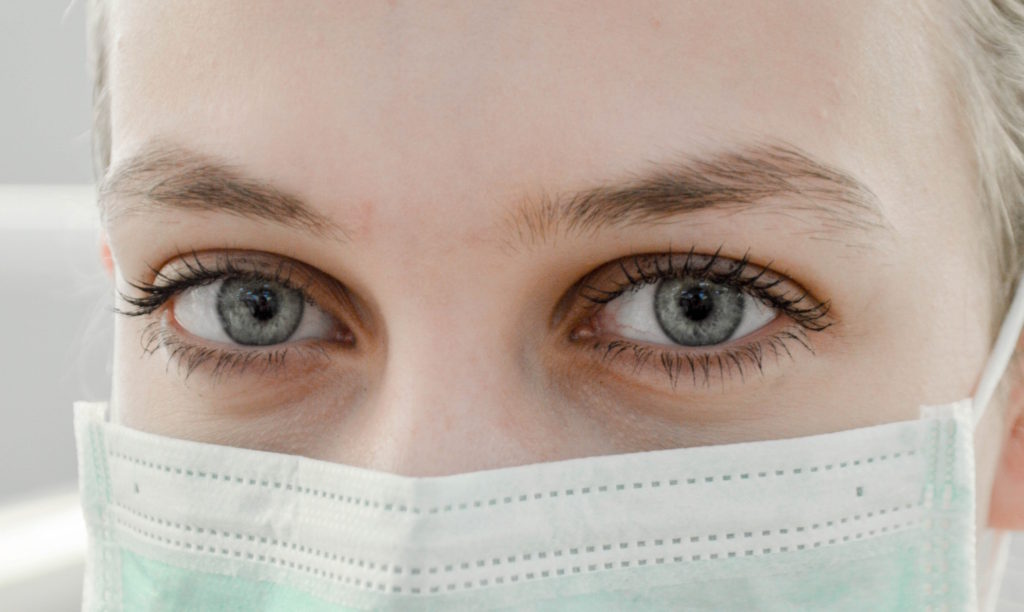For the longest time, single women have had an irrational fear of dying alone. It may have been prompted by a popular episode of Sex and the City in which Miranda excitedly buys her first home as a single woman only to discover that the former homeowner was also a single woman who died there, and it took days to even realize she was dead.
Then it hits her — she could likely meet the same fate.

The truth is most of us will indeed age alone and, yes, die alone so all singles — never-marrieds, divorced or widowed — should plan for that.
Now that the coronavirus is spreading across the country and more people are dying from it, everyone is wondering how to plan for a virus that we don’t fully understand, have questionable testing methods for and no vaccine against. And for those of us who live alone, the predicted pandemic can feel slightly more urgent.
Who will help care for us if we get the virus? How will we manage by ourselves?
It’s true that in many ways, preparing for COVID-19 is no different if you’re single or partnered — having at least a two-week supply of food, medications and things you use daily; washing your hands with soap and water; avoid shaking hands, etc.
Need for help
The biggest difference for singles, however, is the need for someone you can count on to help you. Single people don’t have a built-in caretaker as married and coupled people do, although — let’s be real — many wives can’t always count on their husbands to look after them when they’re sick. In fact, research indicates when women have serious illnesses, like cancer or multiple sclerosis, they are much more likely to find themselves separated or divorced not longer after their diagnosis than if they were a man, a situation known as partner abandonment.
Hey, thanks guys! So much for “in sickness and in health.”
Even if you’re not happily single, that’s one reason to actually feel thankful that you are.
The most important thing a single person can do to be prepared for any health issue — or for other types of emergencies, like wildfires or natural disasters — is to have a “person,” someone or someones who will be available to help you (and vice versa) when you’re sick, disabled or struggling in some way.
That may mean picking up food or delivering meals, caring for pets or children, checking in on you daily — whatever. All the coronavirus does is amp up the need to be diligent about sanitation and self-protection, and to understand how the virus can and can’t spread.
Essential conversations
So these are essential conversations to have with your person, to gauge what their comfort level is and how you can best show up for each other without spreading the virus.
And since some people may need to be self-quarantined, which can increase feelings of isolation, loneliness and anxiety for everyone but especially for people who are single by chance, not by choice, having people check in daily — if not more often— by phone, Skype or text is essential.
If you don’t have a friend or relative who can be your person, consider forming a neighborhood network to look after each other.
Being sick when you’re solo is rarely, if ever, easy, but thinking that your coupled friends have it better or even easier isn’t necessarily true.
The best way to get through this coronavirus outbreak is to be calm, be prepared as best you can, and to take care of yourself and, most important, each other.
Want to learn how to individualize your marriage? (Of course you do!) Read The New I Do: Reshaping Marriage for Skeptics, Realists and Rebels (Seal Press). You can support your local indie bookstore (please do) or order it on Amazon. And we’re now on Audible.
















